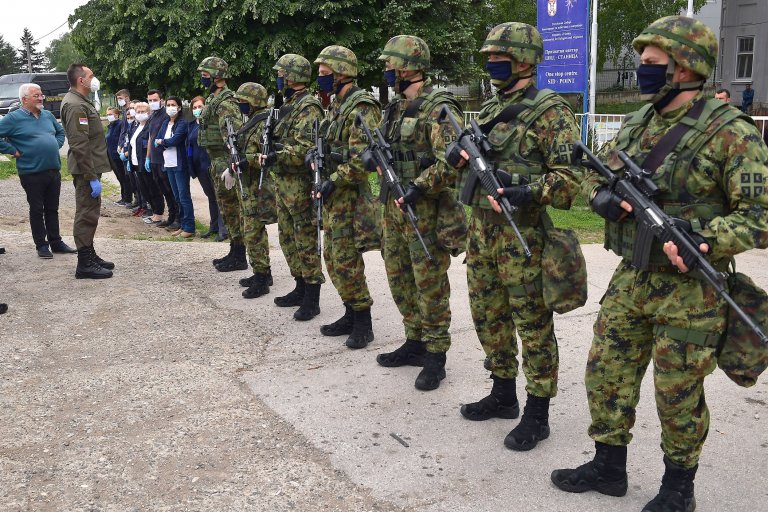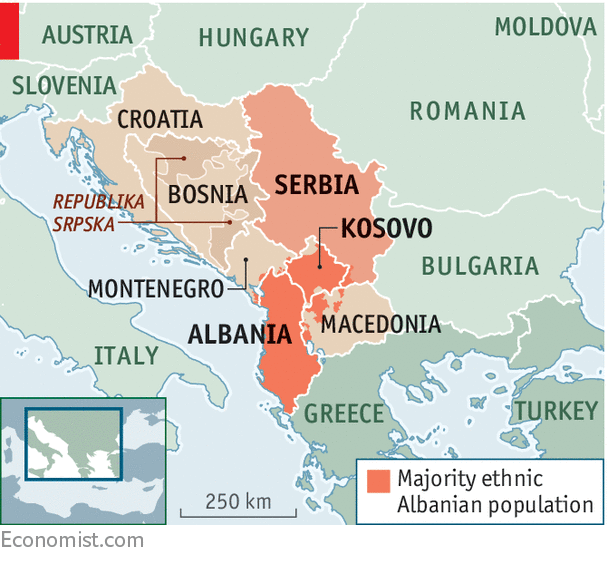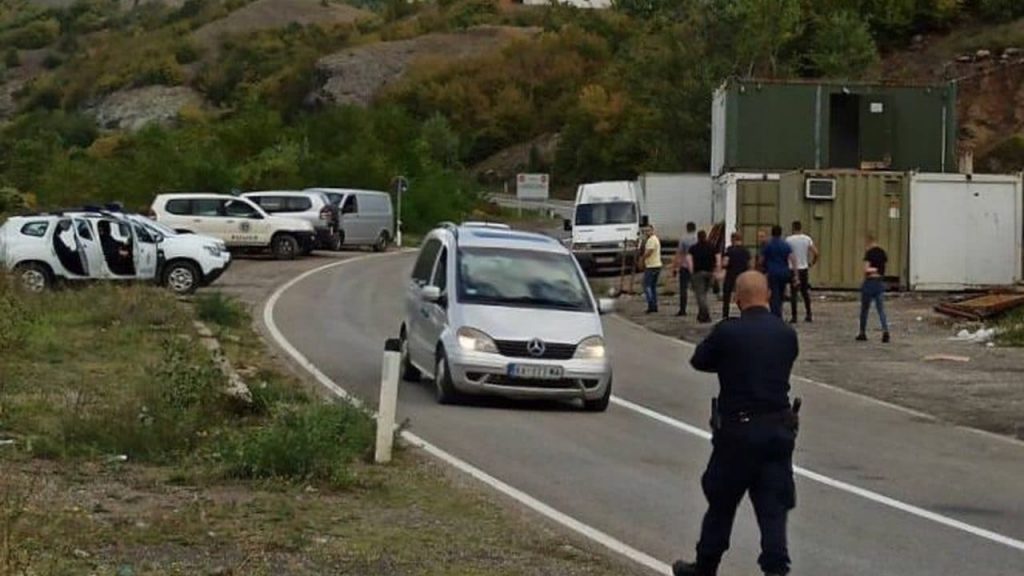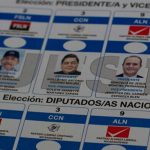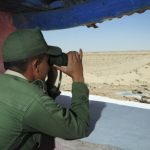There is no dilemma that tensions have increased in the Balkans. But could there be an armed conflict in the near future? This has led countries of the Western Balkans to develop a strong competition who is investing more in the defense field. It is known that Serbia is the country with the most investments in military equipment and heavy artillery, due to the fact that defense of Serbia is feed by Russia and China. The latter two compete with the USA, if the USA would give an ‘injection’ military donation to Kosovo, Russia would give three to Serbia. In geopolitical terms, Russia has for years aspired to keep the Balkans tense, increasing its presence in WB, of course through Serbia, which is keeping this region away from the European Union.
The recent US commitment in the Balkans can be seen as an alarm that the situation in BaH could spiral out of control. While we are talking about a possible conflict, six countries of the Western Balkans, last two years have increased their budget for military spending significantly, compared to previous years.
According to Trading Economics global macro models and analysts expectations, military spending in Bosnia and Herzegovina is expected to reach $166.66 million by the end of 2021, Montenegro $71.02 million, Northern Macedonia has spent $158 million in 2020 while expenditures are expected to reach $133.15 million by the end of 2021. Albania has increased its military budget for 2021 by 11.8% more than in the previous year. Kosovo has also recently decided to allocate 100 million euros to the Kosovo Security Force or 1.3 percent of its GDP for next year. The latter has the smallest military budget, compared to other WB countries.
Meanwhile, Serbia remains the largest military force and the main security threat in the Western Balkans, backed by Russia and China, not only financially. Russian mercenaries have also been part of the Serbian army in Bosnia and Kosova war. They are still present in the region, a number of them recruited in Serbian army, posing a serious threat to the security of the Balkans. In Kosovo, the actions of Russian mercenaries are frequent in the north of Mitrovica, this part inhabited ethnically by Serbs which often causes tensions that endanger the security of the country.
Financially in 2019 Serbia had spent $1144 million for its army, while in 2020 the figures had dropped to $1086 million. Although the publication of figures of defense and security by Serbia can never be taken as accurate given that the latter does not publish documents or strategic planning in this field, the exposures of the Serbian military machinery show the opposite of figures. Serbia often organizes provocations against neighboring countries to show its force from time to time, as in the case of Kosovo. Frequent military parades are aiming at exposing heavy weapons received from Russia such as Russian MiG-29 aircraft, Airbus H-145M helicopters, T-72 tanks and BRDM-2 armored vehicles and CH92 fighter drones -A purchased from China. Such an exposure was made by the President of Serbia Vucic in June this year, announcing large investments in 2022.
Serbia-Republika Srpska’s close co-operation with Russia and China produces negative consequences for the Balkans, as in the recent case in Bosnia and Herzegovina. The UN Security Council has agreed to extend the mandate of a European military mission in Bosnia to reduce tensions. While BiH Serb representative Milorad Dodik continues to harbor hate speech, guided by Vucic, seeking help from Russia and exposing military forces on the streets. He is persistently contributing to a potential conflict by demanding the secession of RS from BaH.
The arms race between countries of the Western Balkans remains strong. Vucic-type threats while engaging in dialogue with Kosovo, sending heavy military artillery available around its border with Kosova, as in case with northern Mitrovica this September, do not contribute to good neighborliness in the Balkans, but rather produce situations that can be with serious consequences for the region.
Post Author
Author
-

Kosovo based analyst that focuses on current affairs, communication and technology. She studied Albanian Literature, and Economics, Management and Information Sciences. MA in Journalism and Communication. Co-authored the Worlds of Journalism Study report on Kosovo Journalists.
View all posts


